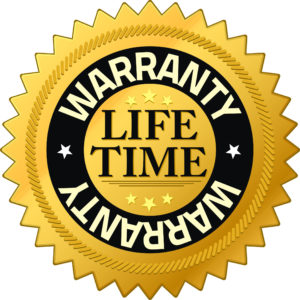Organic Fertilizer
 Now that Spring is around the corner and the Earth is waking up from it's winter slumber, it is time to start preparing to plant your garden. Hopefully, you have some seedlings started with the help of these handy tips and tricks but the soil needs to be prepared as well. What should you add to the soil to make it more nutrient rich? You could go to a big box store and buy a bag of synthetic fertilizer but if you are looking for the more natural route, there are plenty of organic fertilizers that are in many ways better than the manufactured kind.
Now that Spring is around the corner and the Earth is waking up from it's winter slumber, it is time to start preparing to plant your garden. Hopefully, you have some seedlings started with the help of these handy tips and tricks but the soil needs to be prepared as well. What should you add to the soil to make it more nutrient rich? You could go to a big box store and buy a bag of synthetic fertilizer but if you are looking for the more natural route, there are plenty of organic fertilizers that are in many ways better than the manufactured kind.
How can you tell that they fertilizer you're buying is organic or synthetic? One way to tell is to look at the nutrient proportions on the bag. If the numbers say 10-10-10 or any other perfectly proportioned, chances are the fertilizer is synthetic. Nature rarely comes that perfectly proportioned. What do the numbers mean? They represent the ratio of Nitrogen, Phosphorous and Potassium. Some of the best organic fertilizers are: bone meal, blood meal, earthworm castings and fish emulsion to name a few. I prefer using compost that has been working in my compost bin, it provides a lot of organic material and I feel good about recycling and reusing things.
Synthetic fertilizers although yield impressive results care needs to be taken when using them. Because the chemicals are so strong, if too much is applied, it can burn the roots and leaves and even kill the plant. Plants can also become dependent on them, much in the way a person can become addicted to medication, they won't thrive without using them. Add to that the possibility of the runoff getting into waterways and you can see how that can be a much larger problem. What about you? What kind of fertilizers do you use that have given you good results? Share with us your gardening success stories!
Sources: http://premeditatedleftovers.com/gardening/top-10-organic-fertilizers/
http://www.directive21.com/blog/2014/03/starting-seeds/











No comments yet.